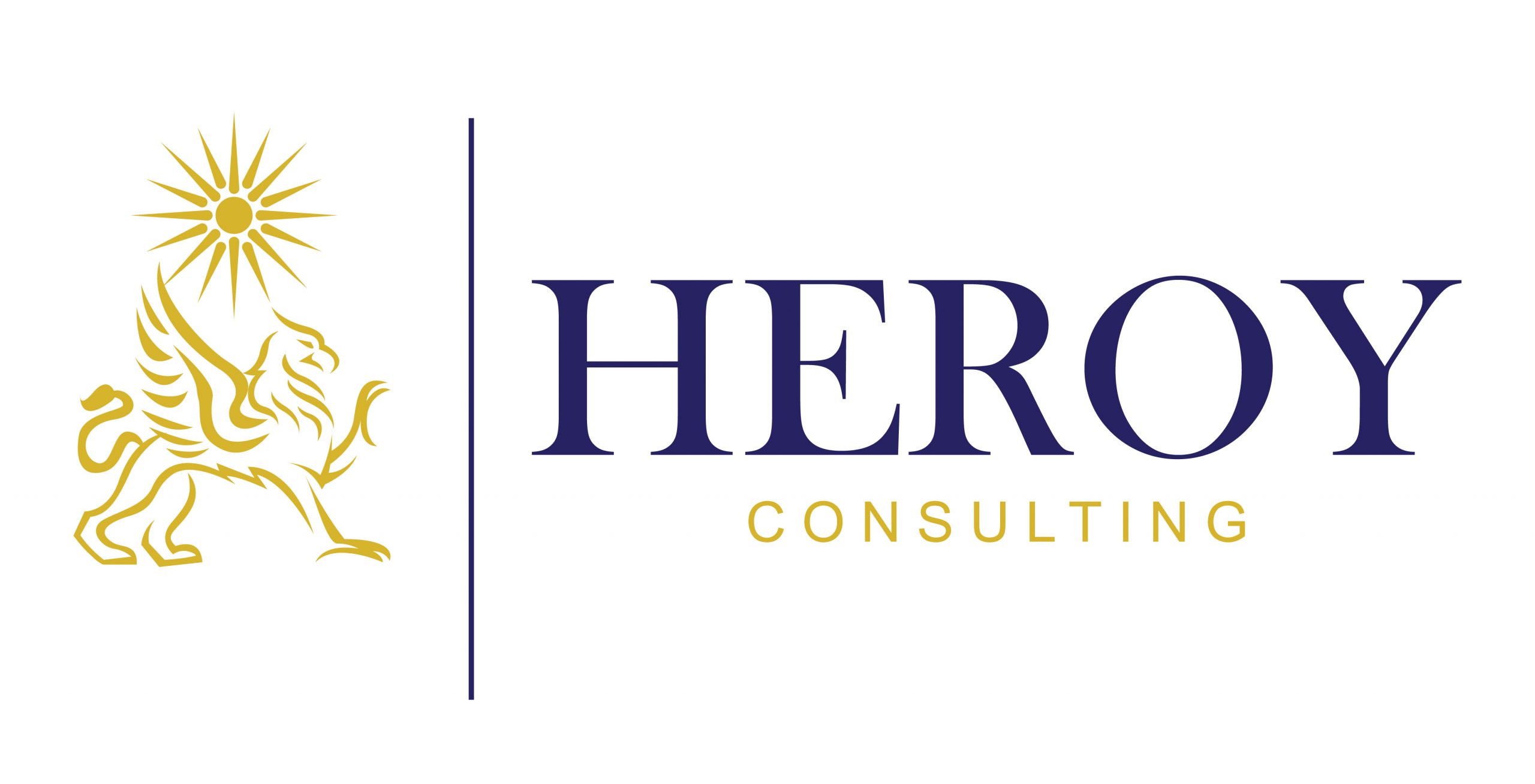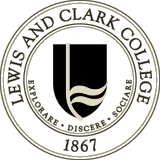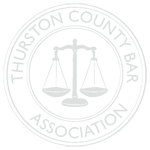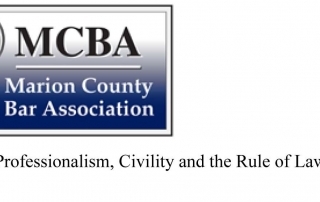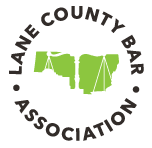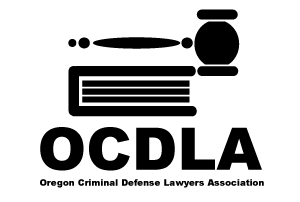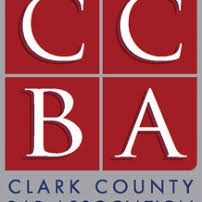Training and CLEs at the intersection of psychology and law.
OUR CURRENT CLE AND TRAINING OFFERINGS
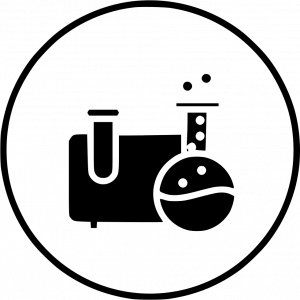
Supporting Motions to Sever with Science
This CLE helps attorneys support their motions to sever through the use of an evidentiary hearing and more than 40 years of research findings into joinder and its impact on juror cognition and decision making.-
Attendees learn about the history of joinder as well as the significant prejudices that the practice impose upon defendants, namely an increase in conviction rates of up to almost 20%. The ineffectiveness of judicial limiting instructions is highlighted.

Clinically Informed Academic Administrative Hearings
This CLE focuses on the unique position of the administrators tasked in academic institutions with investigating, adjudicating, and executing policies related to laws and regulations such as Title IX and ADA.-
This training goes a step beyond the traditional “trauma informed” process, and helps administrators gain valuable tools for making their administrative hearings process equitable for all involved, including those who are in charge of enforcing it. This training aims to improve skills and resilience.
Working Effectively with Personality Disordered Clients
This CLE helps attorneys identify, understand, and manage clients with some of the most commonly encountered personality disorders.-
Persons with personality disorders are disproportionately represented in litigation. They can often be disruptive and time consuming for everyone in your office. However, working more effectively with these clients, as opposed to just “white-knuckling” it until you can get them out of the office, is not only ethical, it can be profitable.

Jury Selection, Cognition, and Decision Making
This CLE helps attorneys understand some of the cognitive needs and decision making tendencies of jurors and then apply that knowledge to prudent jury selection.-
This course focuses on many of the psychological considerations (such as need for cognitive closure, affect, or cognition) that have a significant impact on juror decision-making. Attorneys are then taught to use these principles in jury selection and argument presentation.


